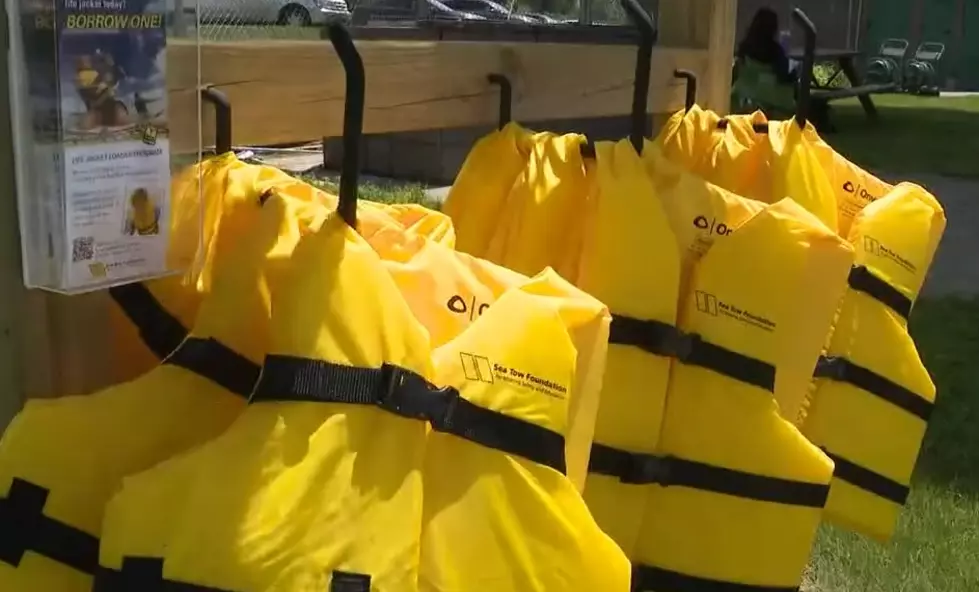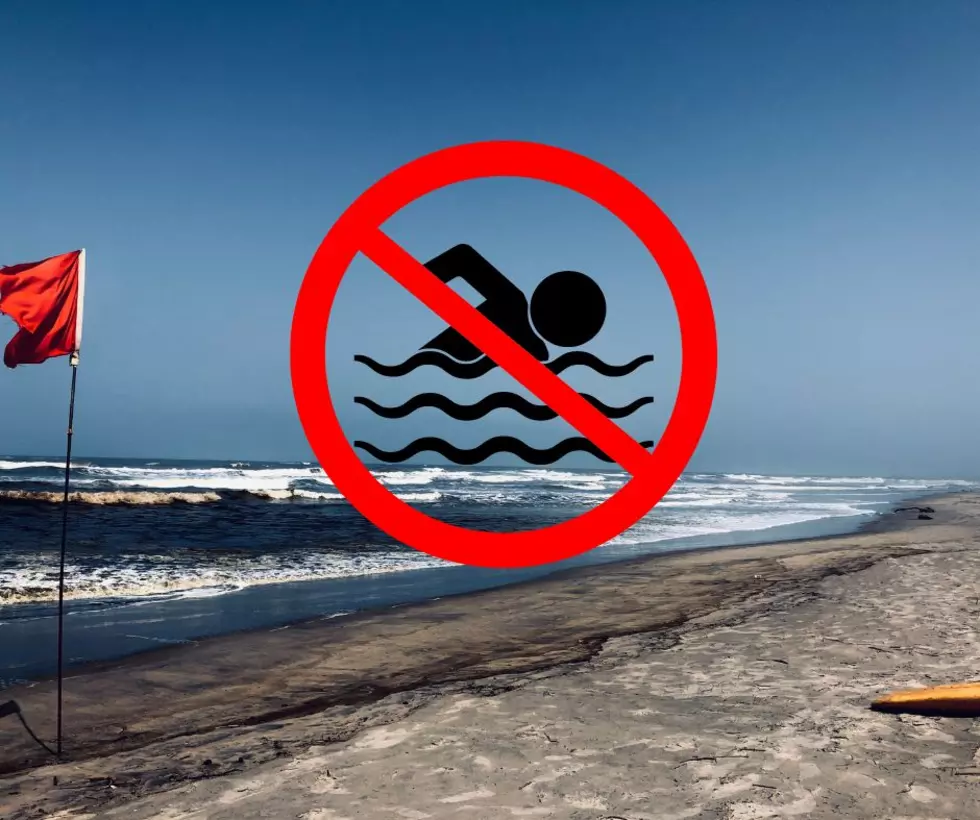
Officials Urge People To Stay Healthy At Animal Exhibits This Summer
Petting Zoos are fun, but people should be cautious according to the Barry-Eaton District Health Department. Here are some health tips for those attending animal exhibits this summer from the Health Department:
The various summertime fairs around Michigan, including the Barry and Eaton County Fairs, offer many ways to explore the animal world. Exhibits such as petting zoos and fairs allow children of all ages to have a thrilling face-to-face experience with animals. This interaction allows people to learn more about animals and helps to build an important human-animal bond.
Unfortunately, many people become sick every year because of a visit to an animal exhibit. It is important to remember that animals sometimes carry germs that are harmful to humans. When people forget to wash their hands after petting an animal, or bring food or drinks into an area where animals are exhibited, they are at risk for becoming ill.
The first germ to be aware of at summer animal exhibits is novel influenza (flu), which is a virus that can be transmitted from pigs or poultry to people. This happens when someone comes into contact with the droplets from an animal’s cough or sneeze, or by touching a surface that has those droplets on it and then touching their own nose or mouth.
The second group of germs to know about is gastrointestinal diseases, such as Salmonella and E. coli, which can infect your stomach and intestines. The most common way to become infected with these germs at animal exhibits is by touching animals or nearby surfaces that have been contaminated by feces (poop).
Stay healthy this summer! Below are tips to help you prevent illness when visiting animal exhibits.
Wash Hands Often
• Find out where hand washing stations are located
• Always wash your hands right after petting animals or touching the animal pens or fences
• Always wash hands upon exiting animal areas, even if you did not touch an animal, after using the restroom, before eating and drinking, before preparing food or drinks, and after removing soiled clothes or shoes
• Running water and soap are best. Use hand sanitizers if running water and soap are not available. Be sure to wash your hands with soap and water as soon as a sink is available
Eat and Drink Safely
• Keep food and drinks out of animal areas
• Do not share your food with animals
• Food should be prepared, served, and eaten only in areas where animals are not permitted
• Do not eat or drink raw (unpasteurized) products, including milk, cheeses, and cider or juices
• Wash your hands before preparing food or drinks and before eating and drinking
Keep Children Safe Around Animals
• Children younger than 5 years old always need adult supervision in animal areas
• Never allow children to put their thumbs, fingers, or objects (for example: pacifiers or sippy cups) in their mouth while interacting with animals
• Hand washing should be supervised
• Do not take or use strollers, bottles, pacifiers, spill-proof cups, or toys in animal areas or barns
• Children under 5 years of age, elderly persons, pregnant women, and persons with weakened immune systems should use special precautions when around animal exhibits
If you attend an animal exhibit and later become ill with flu-like symptoms of fever, cough, sore throat, body aches and/or tiredness, or gastrointestinal symptoms such as vomiting and diarrhea, especially with a fever or bloody stools, please contact your doctor. Be sure to let your doctor know about your recent contact with animals. Most illnesses would appear within one week after animal contact.
For more information on how to keep people and pets healthy, including information for those who should take special precautions, visit the CDC’s Healthy Pets Healthy People website at www.cdc.gov/healthypets/ or call the Barry-Eaton District Health Department at (517) 541-2641 or (269) 798-4152.
More From WBCKFM









